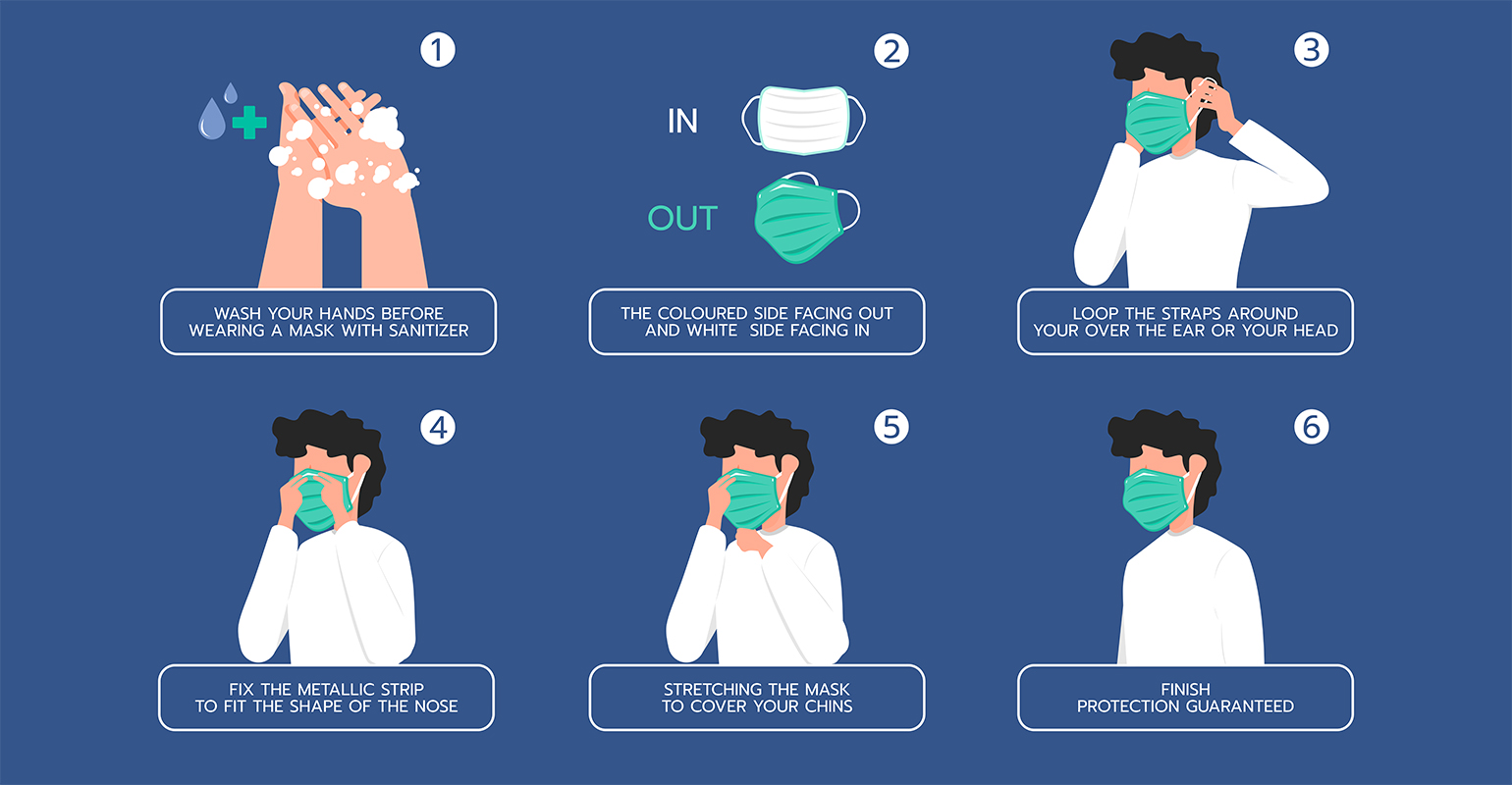The risk depends on where you are - and more specifically, whether there is a COVID-19 outbreak unfolding there.
For most people in most locations the risk of catching COVID-19 is still low. However, there are now places around the world (cities or areas) where the disease is spreading. For people living in, or visiting, these areas the risk of catching COVID-19 is higher. Governments and health authorities are taking vigorous action every time a new case of COVID-19 is identified. Be sure to comply with any local restrictions on travel, movement or large gatherings. Cooperating with disease control efforts will reduce your risk of catching or spreading COVID-19.
COVID-19 outbreaks can be contained and transmission stopped, as has been shown in China and some other countries. Unfortunately, new outbreaks can emerge rapidly. It’s important to be aware of the situation where you are or intend to go.






